Our Process
consistency is key.
There are two important factors most screenings fail to consider: Follow-up and consistency. Screenings that miss these usually rely on interpreting the answers of a student-athlete’s self-report screenings as the truth. But, the reality is that a portion of these self-report screenings don’t tell the complete truth.
Why? There are many reasons. There are the details hidden between the lines, whether a student-athlete may not be revealing all the details in their answers. They may not feel secure enough to share their problems or they may not understand the question fully. There is also a fear of stigma. When screenings are directly linked to the school’s campus provider, especially the athletic trainer, many student-athletes fear revealing the truth on a sheet of paper. Some of their passing thoughts affecting this could be, ‘What if my team or my coach finds out? What if my training or play time gets reduced? I don’t need that. I can’t risk that.’
And for the ones that are stating the truth, there’s a risk of inconsistency in follow-up. This can be due to a lack of understanding on the seriousness of a student-athlete’s mental health issues, or not enough staff to follow up with student-athletes on a consistent basis. Without consistency and follow-up, student -athletes are at risk of falling through the cracks and succumbing to mental health illnesses that can negatively impact multiple aspects of their life.


CBHA’s goal is to rectify all of these potential issues by providing a consistent and effective plan that ensures the mental well-being of all student-athletes.
Here's a step-by-step process of how we accomplish this:
Step 1
Once a university signs on with CBHA, our implementation team will request a copy of every student-athlete’s contact and insurance information. This information is used to log into our portal to keep a record, where our licensed clinical social worker will also log any diagnostic notes.
Step 2
-Suicide Assessment
-Depression
-Anxiety
-Alcohol use
Step 3
A licensed clinical social worker will then schedule a 1-on-1 clinical assessment to review the questionnaires and perform their own diagnostic assessment. This diagnostic assessment may include recommendations for follow-up and/or treatment.
Student-athletes will receive these self-report questionnaires every 90 days, and follow-up sessions will be scheduled 2 to 4 times per year to monitor their mental health. If the licensed clinical social worker concludes the student-athlete needs either additional follow up testing, treatment, and/or immediate intervention, the proper steps will be recommended.
100% confidentiality
All information shared with our therapists is strictly confidential. At CBHA, we understand the importance of maintaining the privacy of your student-athletes, and we adhere to the highest standards of professional ethics to ensure the utmost confidentiality. For those rare circumstances when a student-athlete presents an imminent risk of harm to themselves or others, confidential information may be shared with other medical professionals to ensure the student’s safety.

